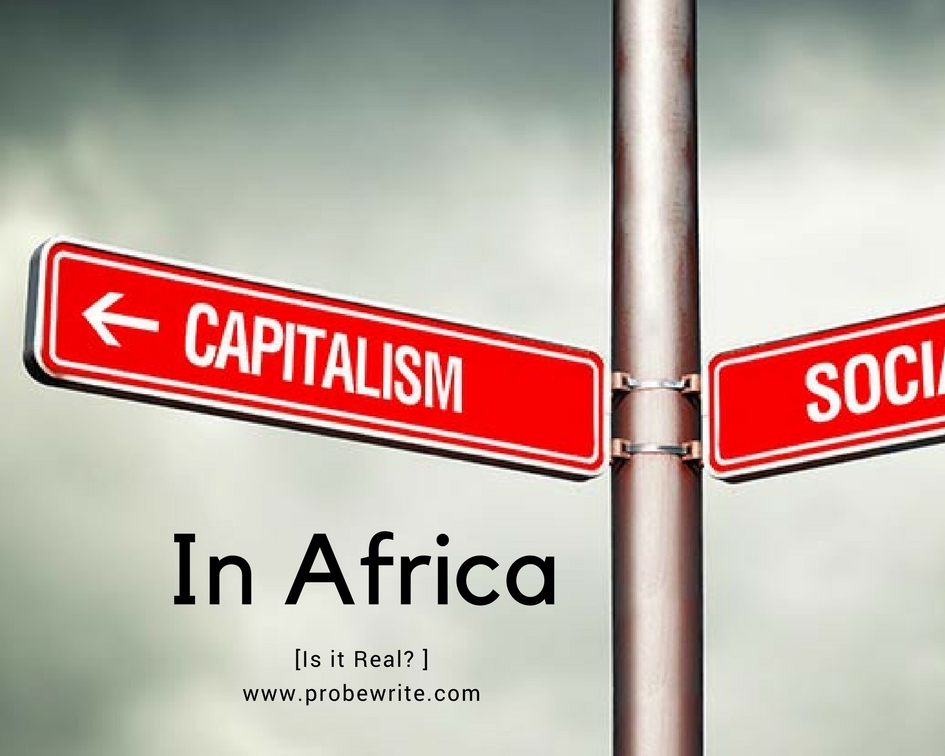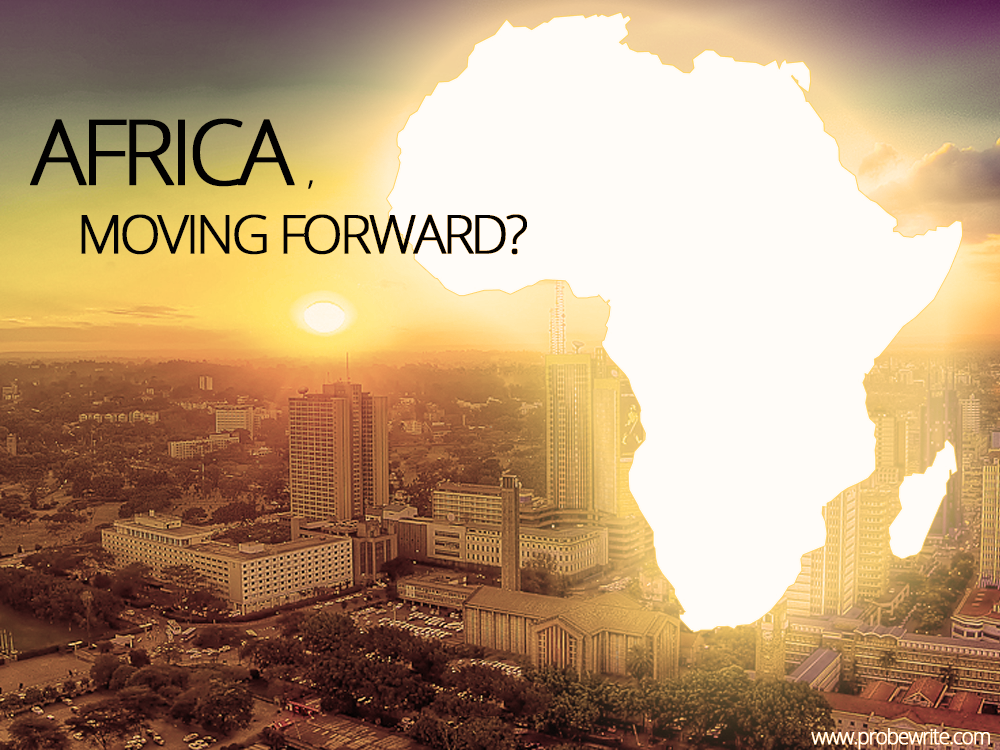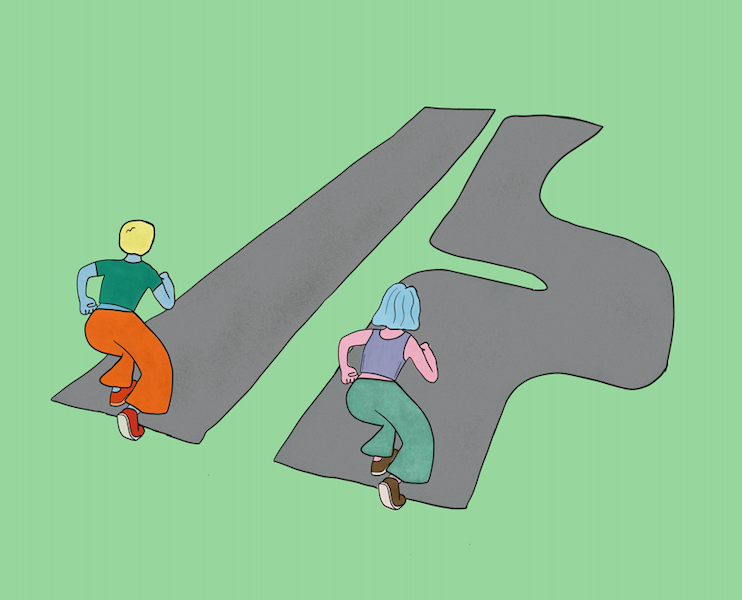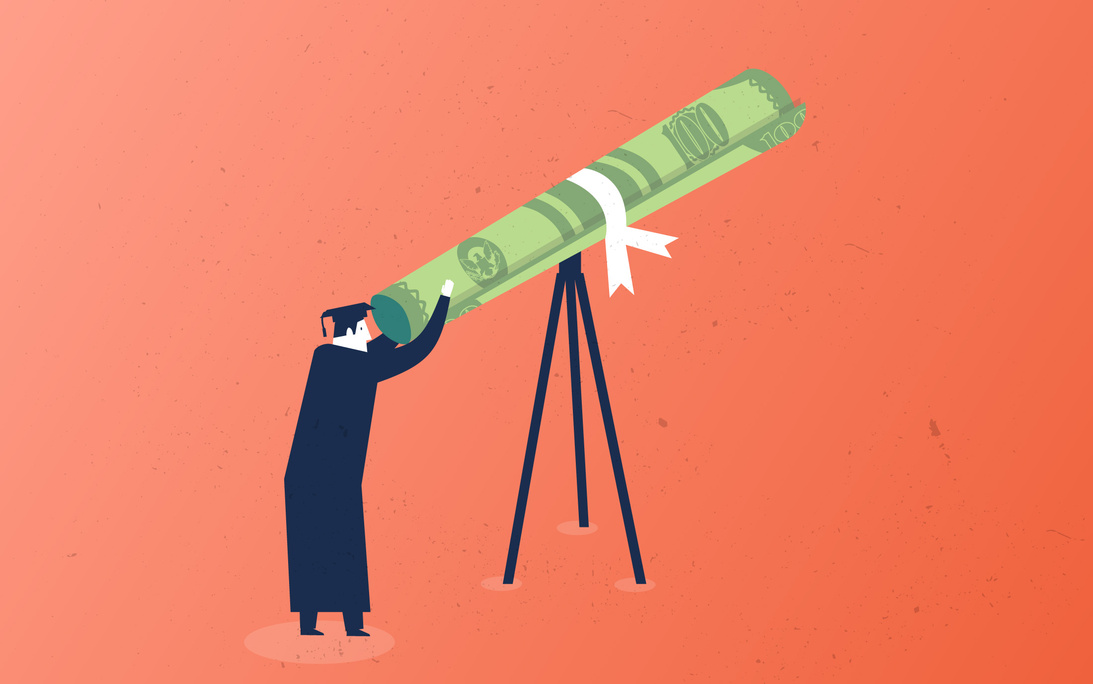Capitalism in Africa : A virtual reality?

Capitalism an economic and political system which has been observed to bring about immense growth and development in many countries including the USA, Canada, Germany and the UK, is one in which a country's trade and industry are controlled by private owners for profit, rather than by the state. As opposed to socialism/communism in which the economic system is largely controlled and regulated by the government for “community good” or for the “good of all”.
Even though many African countries are known to have a “free market” why then are the results of Capitalism not obvious why are many African economies crumbling everyday?!
Using Cameroon and Nigeria as specific case studies lets see why many African countries only practice Capitalism by name or rather practice Crony Capitalism, in which businesses thrive not as a result of risk taken for them, but rather, as a return on money amassed through a nexus between a business class and the political class. Using our specific cases of study Cameroon will serve as the Crony Capitalistic block while Nigeria will serve as the more Capitalistic block (the better one). It’s important for you to first agree with me that there are a handful of African countries like Cameroon with less than mediocre economic performance and a few like Nigeria. If you do then the case of Cameroon can be conveniently extended to cover a good number of regions in Africa. Furthermore, my analysis is almost completely based on observation, opinions, a few studies and most importantly the current economic performances of these economies.
Without any further ado, lets observe the reasons why economies like Cameroon have such a failed Capitalism or if you like a crony one.
1) Nature of government involvement
If you know one thing about capitalism it should be it’s “free” nature where the various economic sectors are left for the private sector. However in certain countries like Cameroon the economy still seems to revolve around the government! There is a tremendous amount of government intervention in the private sector! That has direct consequences on the economy, unlike in Nigeria its very easy for government to interfere in the functioning of the private market as consequence of political decisions.
We have observed the government ordering telecom companies to switch off internet service and its brought back at the will of the government depending on the political agenda. That is done with zero stress on the part of the government. Even worse, such decisions are practically unchallengeable (in court).
Such governments have a mechanisms that always allow every thing revolve around them by holding monopolies in various sectors and passing very restrictive laws for areas where their various incompetences wont allow them control. A classical example is again in the telecommunication sector of Cameroon where Camtel is the monopoly provider of fixed-line service all other private telecoms like MTN and Orange depend on Camtel for various services which they are restricted to build and operate sometimes Camtel just shuts down the lines of certain providers for reasons which always extremely controversial. This same behavior is replicated by the government in several sectors including the Financial/Banking sector.
2) Nature of commercial licences
In a free market it should be easy for businesses to acquire licenses that will permit their cooperations operate. However in Cameroon (and African countries with similar governments) to obtain licences for certain sectors is very expensive and difficult.
For a example to start up a Mobile Payments Service require about $200 000 (100 million Francs) as license acquisition fee plus other modality fees which the regulation does not outrightly stipulate but requires money for completion. In such a situation individuals who are capable of building and running such a service but unable to acquire an expensive license, are left out of the market which discourages competition and in certain cases leaves the sector completely unexploited.
3) Nature of private sector (foreign)
As a consequence of the poor regulation around commercial licences and the laws sorrounding the creation of enterprises, locals are unable to meet up with the conditions hence only large and foreign conglomerates are able to do what is “required”
Hence the private sector is jamb packed with foreign organizations/companies while this seems like a Capitalist tendency its very dangerous as these companies only take out money from the economy in the form of profits back to their various roots bearing in mind that they made some investments as well.
This is very evident in Cameroon unlike in Nigeria where they have a lot of large nigerian-owned cooperations. In Cameroon most of such organizations areforeign the few local ones are begging to catch up with the monopoly imposed by the foreign conglomerates.
4) The socialistic nature (and tendency) of citizens
It’s true that in a crony market it is extremely difficult to operate or even survive in! Nevertheless citizens of countries that practice such a dirty form of capitalism are always very socialistic in thinking! In our case study Cameroon, majority of the people tend to have the mentality “The government should take care of us” or the communist “One for all, all for one” mentalities. With these temperaments the people don’t think of other possibilities of taking their future into their hands since the government is seriously them!
Careful observation will have shown that this attitude is less likely in Nigeria! The people tend to depend less on the government and dive into adventures that push them as a people and even their government forward. Again in Cameroon, a government job is a pride and regarded as some “security net” by the thousands who want to play safe by jumping into a net that can’t even contain a fifth of them.
Many Africans “hate” capitalism, so said because a lot of them have the socialistic tendencies, they tend to depend on the government excessively and put all blame on her.
Meanwhile its not completely bad to be socialistic, most socialistic Africans tend to depend on a social system that does not exist! This tends to create a problem! For example everyone needs a welfare system that could include free health care and education and maybe ensure the employment of most young graduates. A sad situation because most of these governments don’t even have a welfare system talk-less of including all the other benefits.
This has grievous consequences on the capitalism of the country as it can be described as “the unwillingness of the people to embrace Capitalism”
5) Capitalism side by side Socialism : its nature
Capitalism is a great concept so far as am concerned even so socialism too is good to ensure some fairness in the society not by centralizing before decentralizing (For example : the rich and poor bringing all resources to a central body [government] to redistribute equally to everyone) resources but by putting aside policies to ensure the welfare of all even in the capitalistic blocks that exists.
However even though the two systems can leave side by side nicely in the case of countries like Cameroon it can’t because both systems are poorly implemented even in the communist ideology a few people sit on the resources that where centralized for redistrubution. This is known in Nigeria as well but far less prevalent.
Similar Post You May Like
-

Why Africa’s Growth is an Illusion
According to the world bank and a couple of other studies, ...




